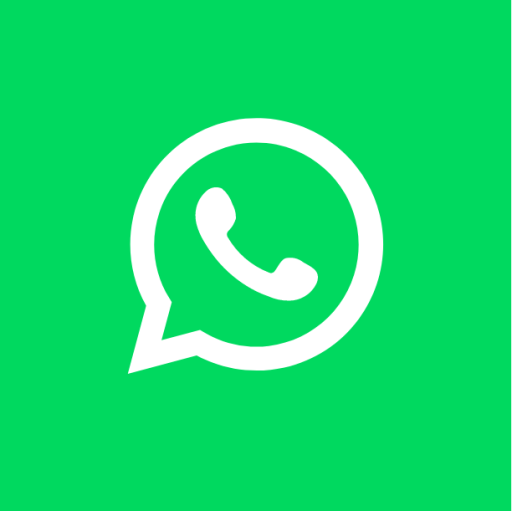Ask Lemmy
A Fediverse community for open-ended, thought provoking questions
Rules: (interactive)
1) Be nice and; have fun
Doxxing, trolling, sealioning, racism, and toxicity are not welcomed in AskLemmy. Remember what your mother said: if you can't say something nice, don't say anything at all. In addition, the site-wide Lemmy.world terms of service also apply here. Please familiarize yourself with them
2) All posts must end with a '?'
This is sort of like Jeopardy. Please phrase all post titles in the form of a proper question ending with ?
3) No spam
Please do not flood the community with nonsense. Actual suspected spammers will be banned on site. No astroturfing.
4) NSFW is okay, within reason
Just remember to tag posts with either a content warning or a [NSFW] tag. Overtly sexual posts are not allowed, please direct them to either [email protected] or [email protected].
NSFW comments should be restricted to posts tagged [NSFW].
5) This is not a support community.
It is not a place for 'how do I?', type questions.
If you have any questions regarding the site itself or would like to report a community, please direct them to Lemmy.world Support or email [email protected]. For other questions check our partnered communities list, or use the search function.
6) No US Politics.
Please don't post about current US Politics. If you need to do this, try [email protected] or [email protected]
Reminder: The terms of service apply here too.
Partnered Communities:
Logo design credit goes to: tubbadu
view the rest of the comments


When cellphones blew up, North America (especially USA) was the outlier in that people preferred to call instead of text, even with SMS. SMS and Calltime eventually became cheaper and free as the inafara quickly grew.
However, most other countries, especially 3rd world countries, were not bleeding edge on cellular networks. Many were often considered even a decade behind on the underlying tech. Because of this, calls were more expensive than SMS (cost and available calltime), so people preferred to use SMS as much as possible over a call.
When internet based messengers became popular on smart devices, many people adopted because of the ease of use, chat features, ability to use it over wifi, and still relatively cheap data usage. They were already used to using SMS so much, a chat app was the natural upgrade they wanted.
NA people never treated SMS like the de facto messaging service, even though it was still heavily used, so they weren't actively searching for an upgrade. Most people didn't even know imessage did anything special besides work over wifi when it became a thing. Android users were content with RCS which to many was treated the same as imessage (being a backend update).
I remember being in Spain in 04 (as an exchange student from America), and calls were so expensive on the prepaid phones everyone had, that they explained their whole system of using missed calls to communicate, because missed calls were free. So if you were gonna pick someone up at their house, they'd tell you "dame una perdida" and you'd just ring once then hang up when you were downstairs.